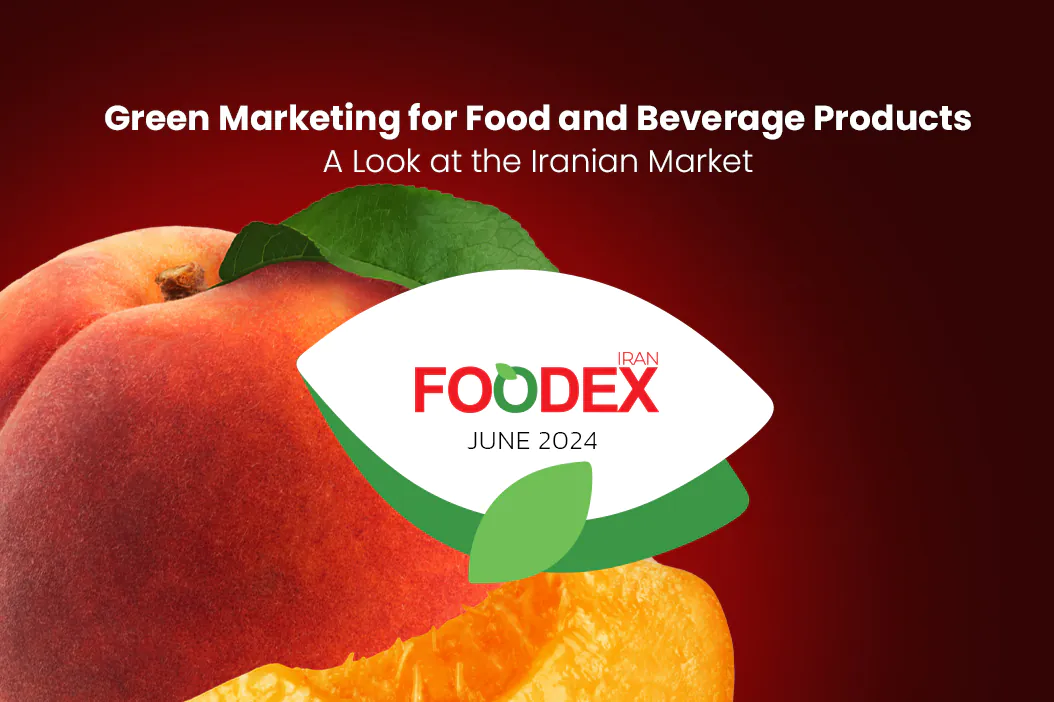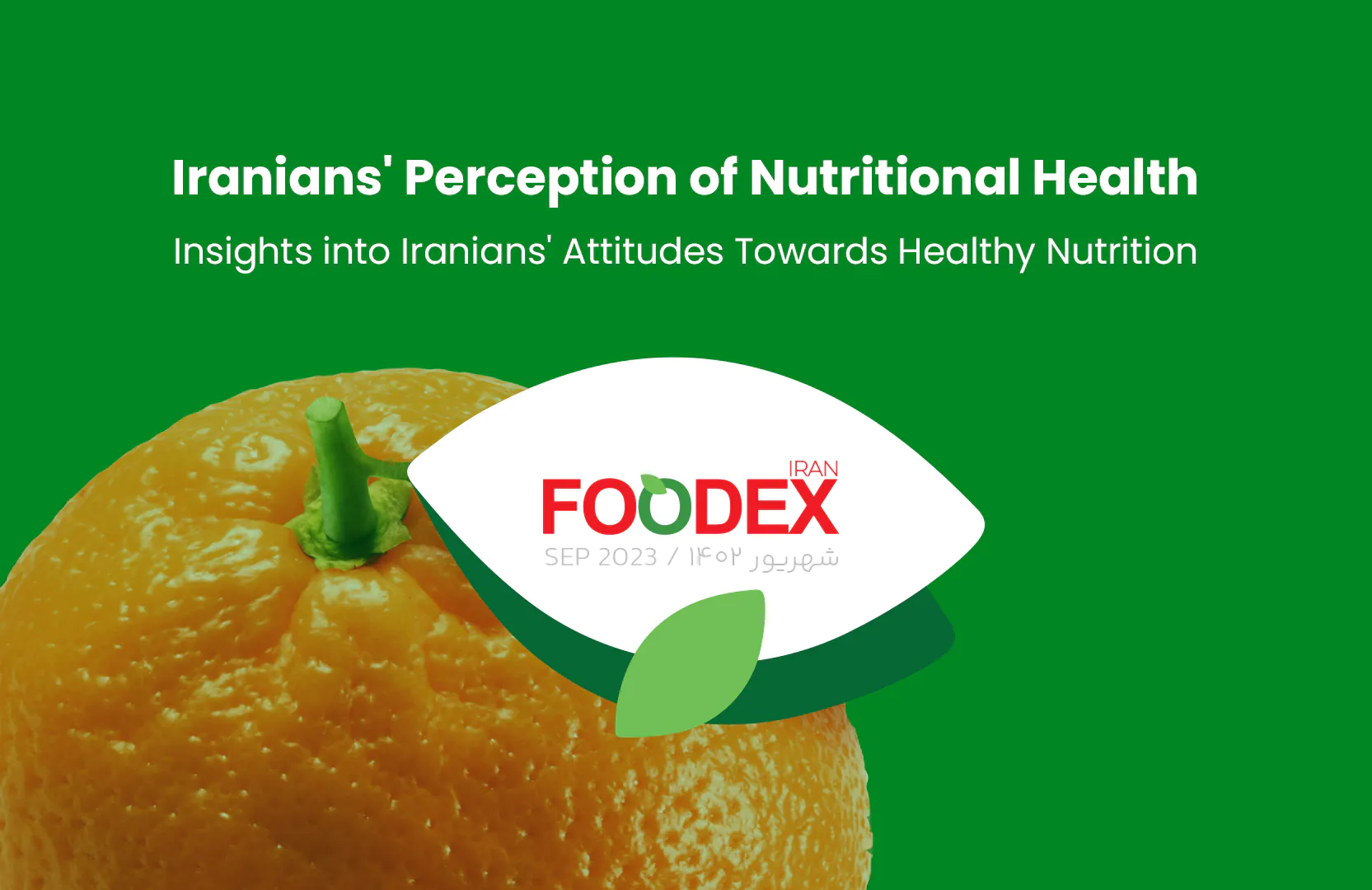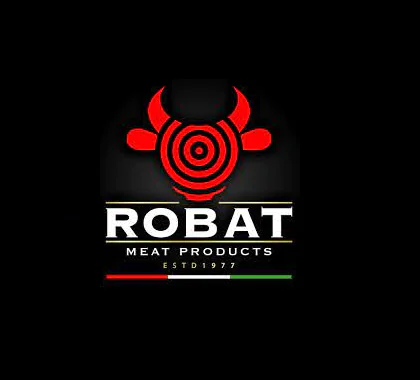Over the last few years, demand for organic food has been growing rapidly. Consumers are becoming more mindful of their health, opting for natural, chemical-free foods that promote well-being. It is this change in consumer behavior that has necessitated the need for rapid adaptation and production of more organic offerings within the food industry. But this is no fad—organic food demand is here to stay and is causing long-lasting ripples throughout the entire supply chain with respect to the ways in which the industry produces things.
In this Foodex Iran article, we take a closer look at the factors fueling the rise in organic food demand and its impact on the future of the food industry. We also examine the challenges and opportunities for producers striving to meet the growing consumer interest in organic options.
History and Drivers Behind Organic Food Demand
Organic food demand started to build through the 1990s as consumers became more aware of health risks from chemicals, pesticides, and synthetic additives associated with conventional food production. Gone are the days when organic products were available only at small and local shops catering to health-conscious people. With increased awareness regarding what is best for one’s health, organic products started to find their places in larger markets.
Today, one most easily finds organic produce at stores other than health food stores, even among the large supermarkets and online retailers. Several key factors are driving this rapid growth, including health consciousness and, now quite importantly, environmental awareness.
Health Concerns
Most people think organically grown food is healthier and more nutritious, likely because it is free from any harmful pesticides and chemical fertilizers.
Environmental Awareness
People are now aware of the need to take care of the environment and buy only products that do not harm a part of nature during the course of production.
The Shift to a Healthy Life
The increasing trend of health consciousness and fitness draws toward organic produce because consumers want to live their lives with healthier and purer products.
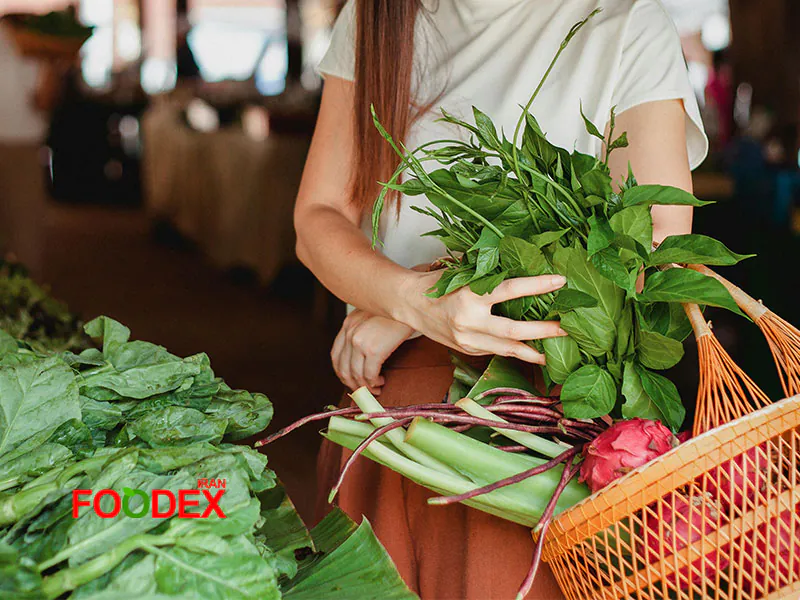
Understanding Consumer Behavior in the Organic Market
Research into consumer behavior shows that those who choose organic products prioritize health and quality. They steer clear of processed foods and seek out natural, whole ingredients while also paying close attention to the origins and production methods of their food.
The key groups driving organic food demand are the following:
Millennials
This generation’s interest in organic food is the greatest. They search for foods that are good for health and friendly to the environment.
Families
Parents are more likely to put a greater emphasis on organic food for their children due to health concerns.
Health-Conscious Consumers
This group comprises people striving for fitness and athletes who prefer organic food because they perceive that it has nutritional value.
The Impact of Rising Demand on the Food Industry
The increasing demand for organic food is affecting the food industry. Food producers and farmers are being urged to reconsider their production methods to meet consumers’ expectations. This shift can be observed in farming practices as well as innovations in packaging.
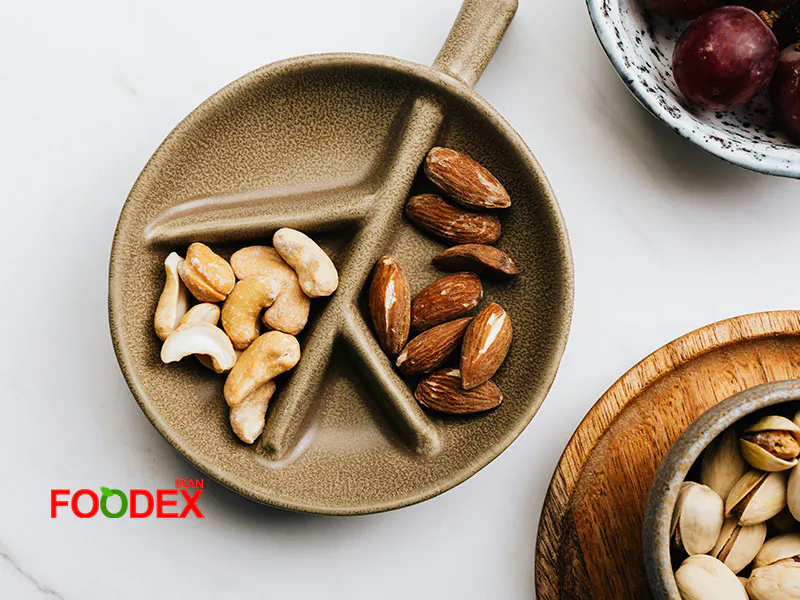
Changes in the Supply Chain
Owing to increasing demand, farmers are gradually converting to organic farming methods. This includes minimizing the use of chemicals, widespread adoption of natural fertilizers, and advanced methods of soil and water management. More and more food giants are engaging local suppliers and organic farmers to source the raw materials they need.
Example: Major retailers like Whole Foods and Trader Joe’s have focused on organic products and local farmers. These companies have delivered a greener supply chain by supporting organic farmers.
Innovation in Products and Packaging
The rise in organic demand has also brought innovation in product development. Many brands are trying to make their products healthier, nutritionally and environmentally friendly. Another primary focus is sustainable packaging; most organic consumers seek out environmentally friendly packaging.
Example: Large companies such as Nestlé and Danone are constantly working on biodegradable packaging and trying to reduce plastic use in their organic product lines.
Challenges Ahead for Organic Food Producers
While demand for organic products continues to increase, their production has its own share of challenges.
High Production Costs
Organic food production is very costly, as it must be produced under very high standards. Organic farming often involves many labor inputs, and crops take a longer time to grow. Additionally, the cost of certification processes for organic products can be high.
Example: With no access to pesticides or synthetic fertilizers, farmers have to rely on more sustainable, often pricier, alternatives.
Limitations in Organic Farming
Organic farming is similarly susceptible to resource and production constraints. Organic yields are commonly lower; hence, more land is required to produce the same unit amount of food as that produced by conventional farming. Farmers also have to contend with climate change and the scarcity of natural resources such as water.
Future of Organic Food Demand
As the demand for organic food is constantly on the rise, this trend is very likely to continue well into the future. More and more people are adopting a healthier, more conscious lifestyle; hence, the organic market is expected to grow even further.
Market Growth Forecasts
By the year 2030, various studies indicate that the global organic market will be manifold times bigger than what it stands at today. With increasing awareness around health and environmental issues, organic products are likely to become a staple of everyday consumer purchases.
The Role of Technology in Organic Production
As demand grows, new technologies are expected to play an essential role in improving the efficiency of and reducing the costs of organic production. Precision farming, big data in forecasting demand, and a search for eco-friendly technologies will support farmers in overcoming some organic farming problems more effectively.
Conclusion and Recommendations
Consumers choosing organic products contribute not only to improved health but also to environmental care and sustainable farming. For this reason, producers need to reciprocate with updated technologies and techniques in sustainable farming to meet the demands of a changing market.
Producers must invest in sustainable technologies and ensure efficiency within their supply chains. In turn, brands must reconnect with consumers by being transparent about their processes and providing more information to gain their trust.
Sources
Organic Trade Association. (2021). State of Organic Industry Report.
Smith, J. (2020). Consumer Trends in Organic Foods. Journal of Agricultural Marketing.
GlobalData. (2021). Future of Organic Food: Key Trends and Predictions.
Ehsan Allahverdi
Executive Manager of Foodex Iran
Marketing Consultant for Leading Food & Beverage Brands
website | linkedin







